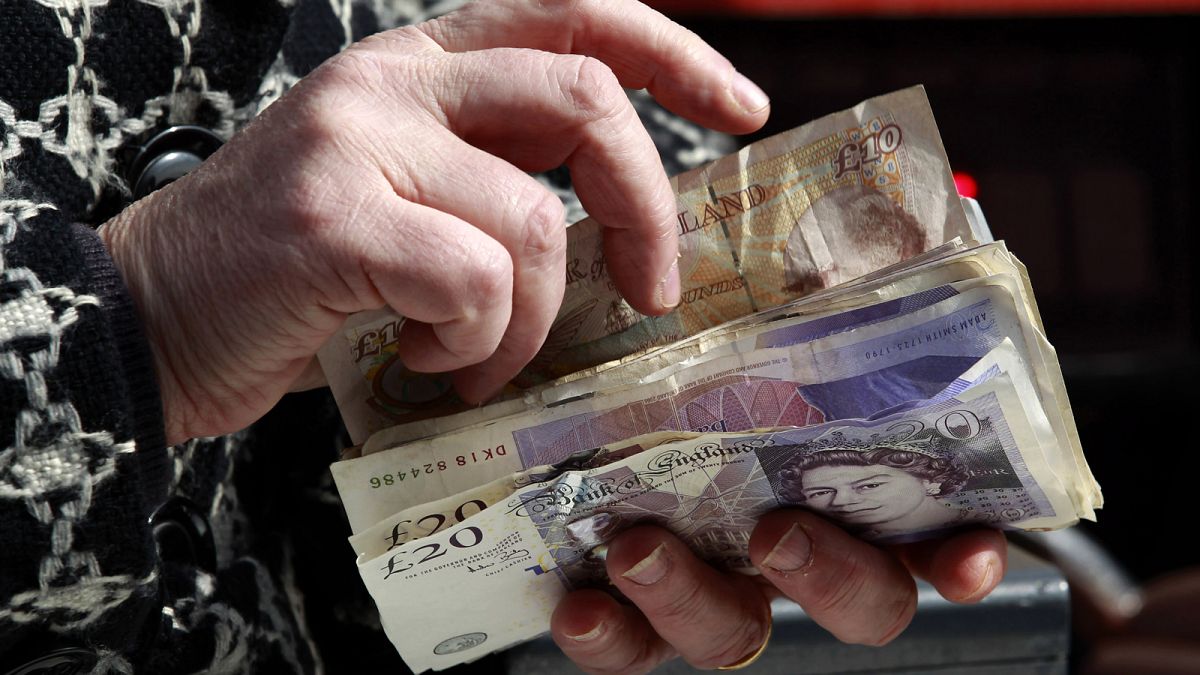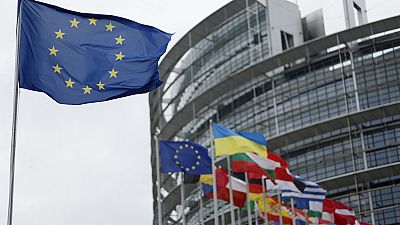Britain's economy sped up at the end of 2016 but there were signs the Brexit vote will increasingly act as a brake on growth this year.
Britain’s economy sped up at the end of last year expanding by more than previously estimated with improved manufacturing growth and stronger exports thanks to the weaker pound.
The latest figures from the Office for National Statistics confounded the predictions that the Brexit vote for the UK to leave the European Union would lead to a major slow down.
With no negative effects from June’s referendum, gross domestic product was revised up slightly from the earlier estimate to 0.7 percent for the final three months of last year. Growth in the second and third quarters was 0.6 percent and for the first three months of 2016 it was 0.2 percent.
For the whole year it was 1.8 percent, slightly down from the previous estimate of 2.0 percent, which means Britain’s annual economic growth rate was slightly below Germany’s 1.9 percent. That means the government can no longer boast the UK was the best performer in the G7.
The UK lost the title of fastest growing economy is 2016. Here's a round-up of analyst reaction to the UK's GDP data https://t.co/G8Lqo4tviapic.twitter.com/xw9cvDljGx
— Financial Times (@FT) February 22, 2017
The UK’s dominant services sector continued to grow steadily but there were signs that the Brexit vote will increasingly act as a brake on growth this year. Business investment is falling and household spending growth is slowing.
1.0% fall in Business investment in Q4 to £43.5 billion #GDPhttps://t.co/gOh5vy0vCK
— ONS (@ONS) February 22, 2017
Andy Haldane, the chief economist for Britain’s central bank, this week warned of the effects of rising inflation linked to the fall in the value of the pound.
He told lawmakers on the UK’s Treasury Select Committee: “It is certainly true that a majority of consumers so far have looked through the impact of what we’ve seen over the last six to nine months. In some ways perhaps that shouldn’t be a surprise because there are more people in jobs than was the case nine months ago and their wages are still going up, their real income has been growing. And behavioural economics … perhaps can tell us quite a bit about that, that people spend what comes in. That is now however about to change a bit as their incomes are squeezed by the rise in prices. We think that will have some impact in throttling back consumption.”
Economists point out that growth is still heavily reliant on consumer spending – much of which is financed by debt.
Credit card borrowing rose and savings levels fell, which is not seen as sustainable.
Commenting on today’s GDP figures, Head of GDP Darren Morgan said: https://t.co/TyteeubqoRpic.twitter.com/sTZdjBCdGe
— ONS (@ONS) February 22, 2017



